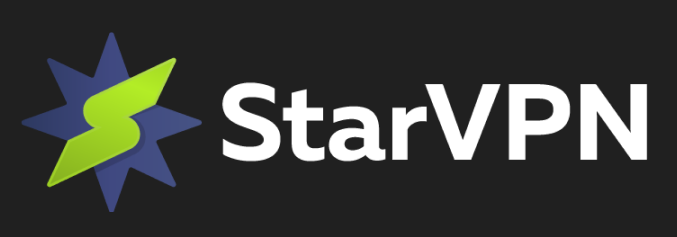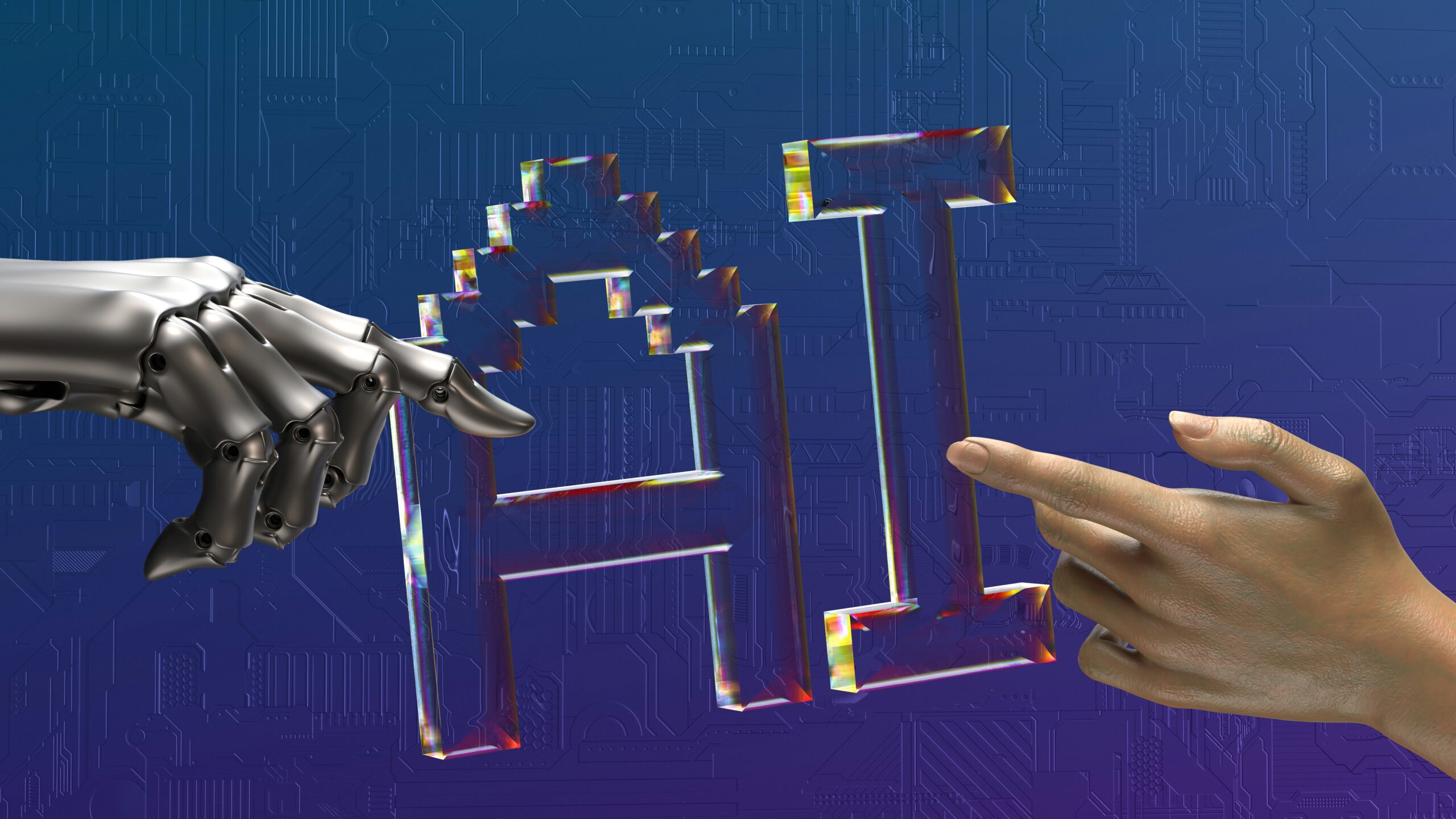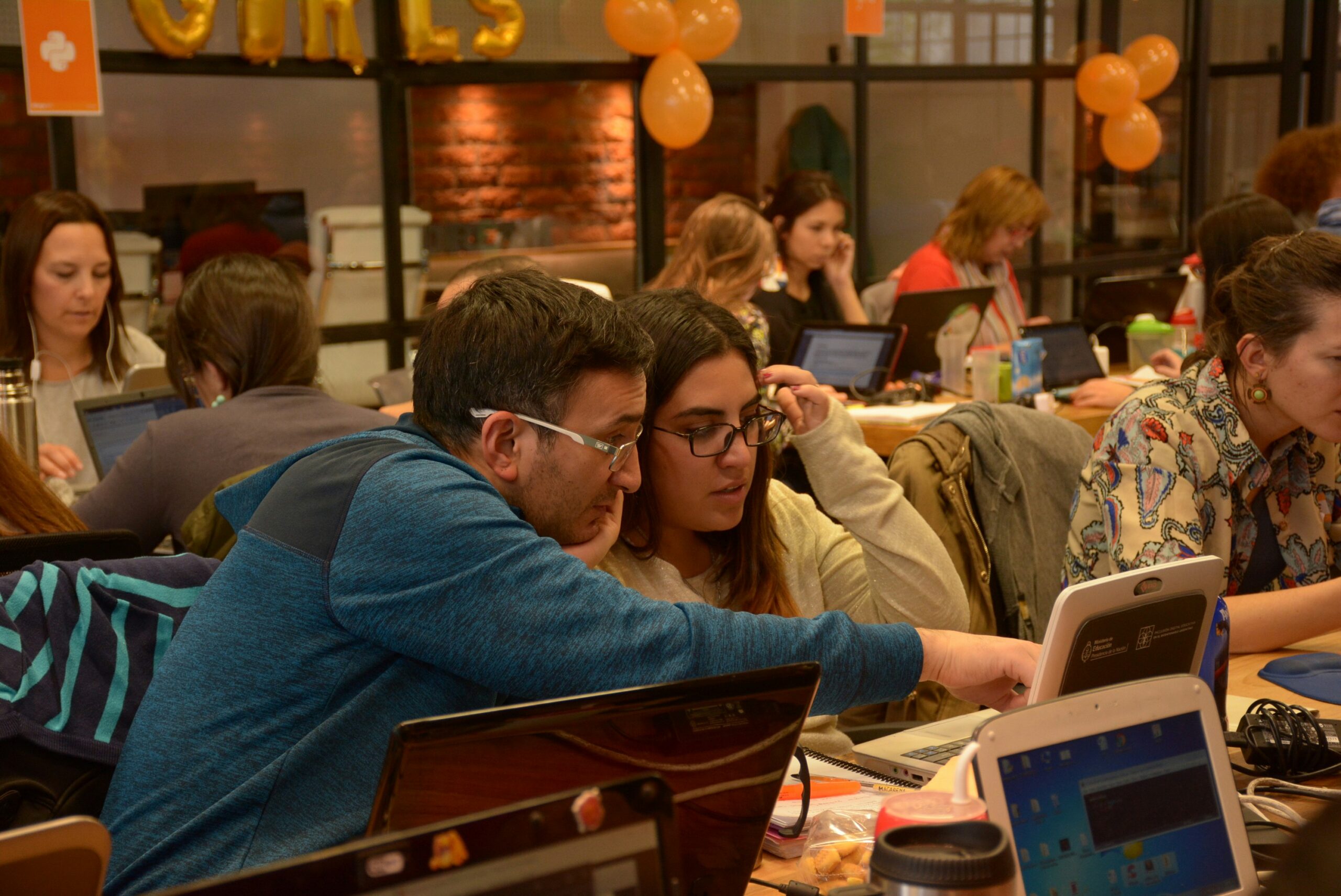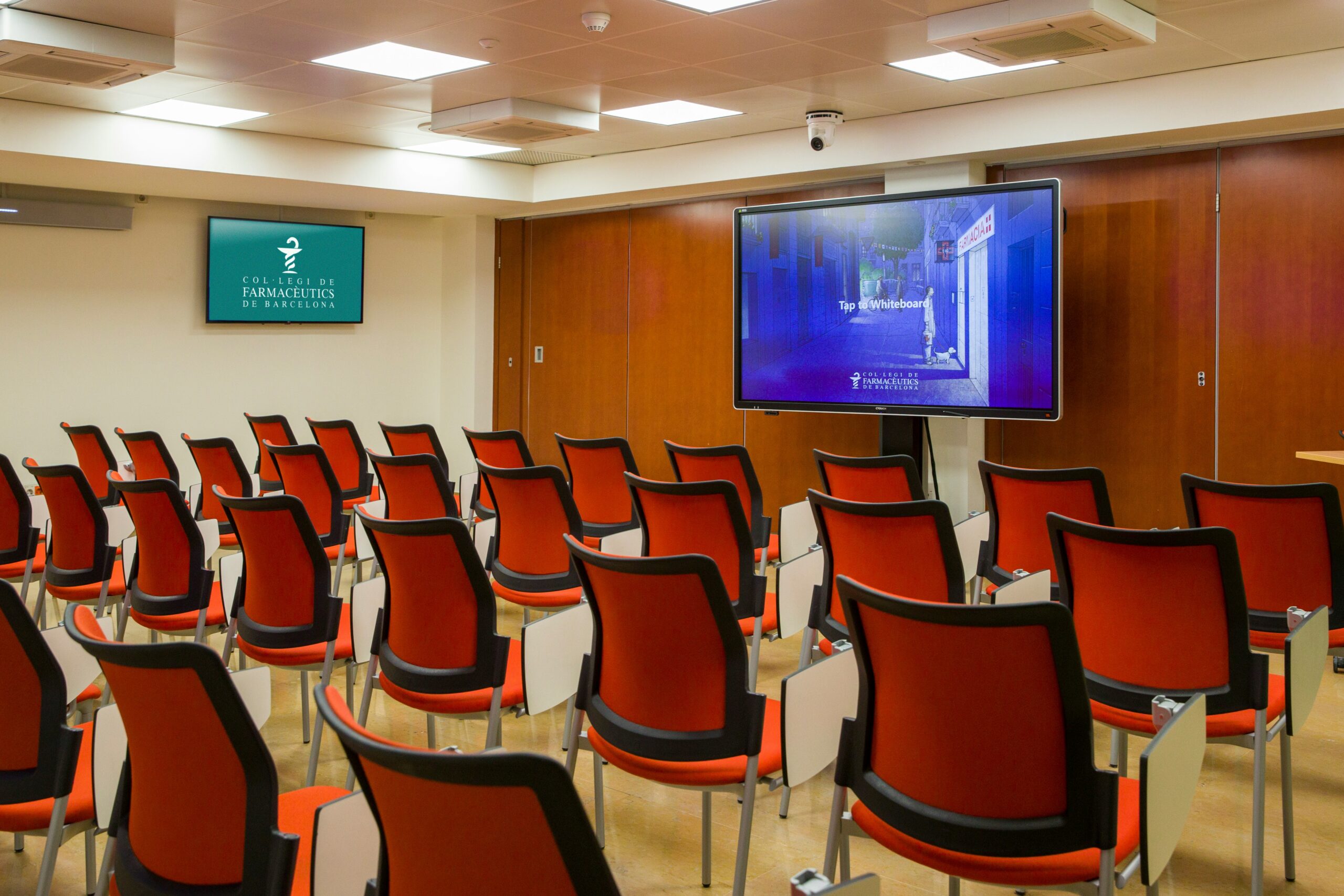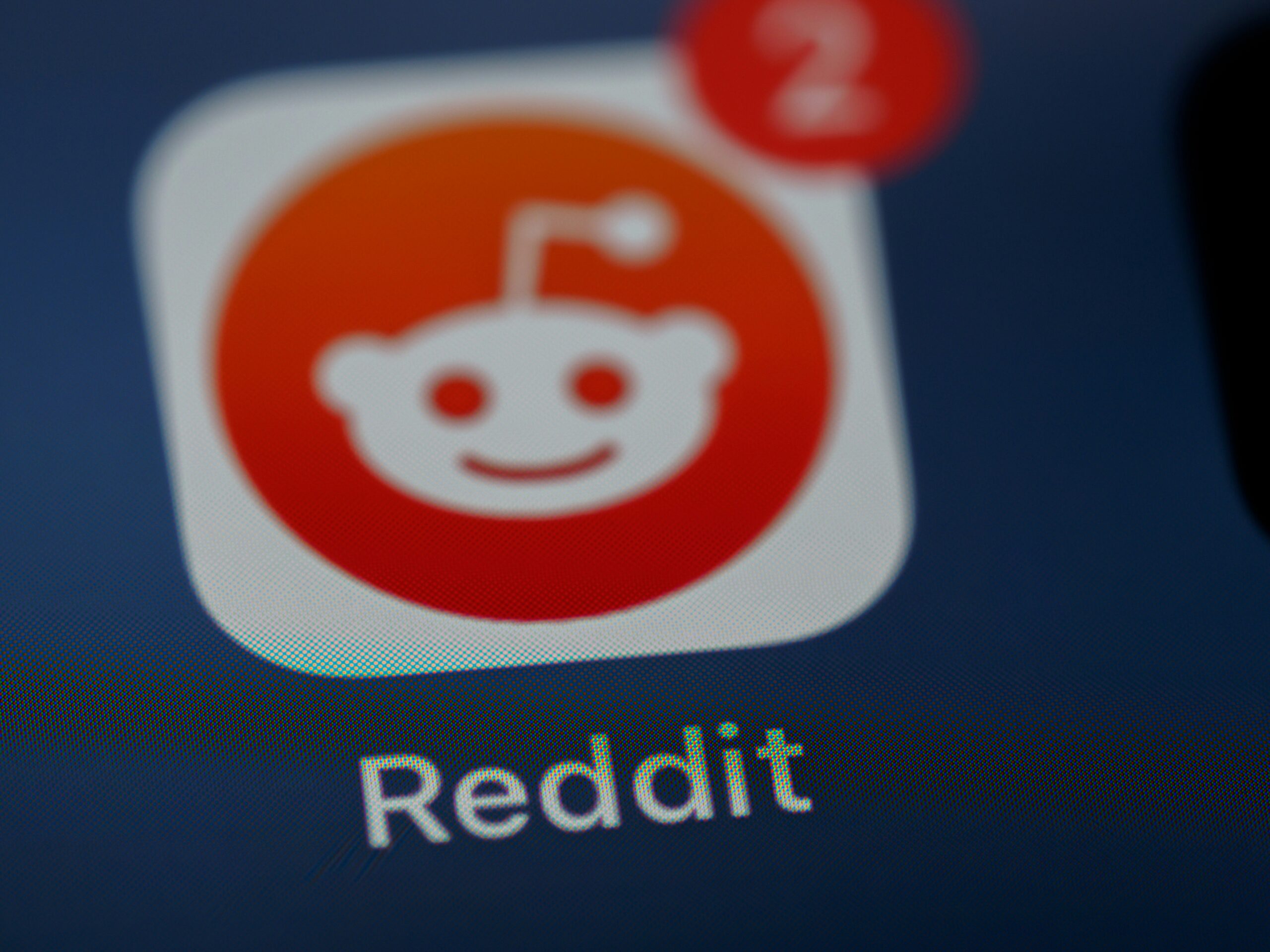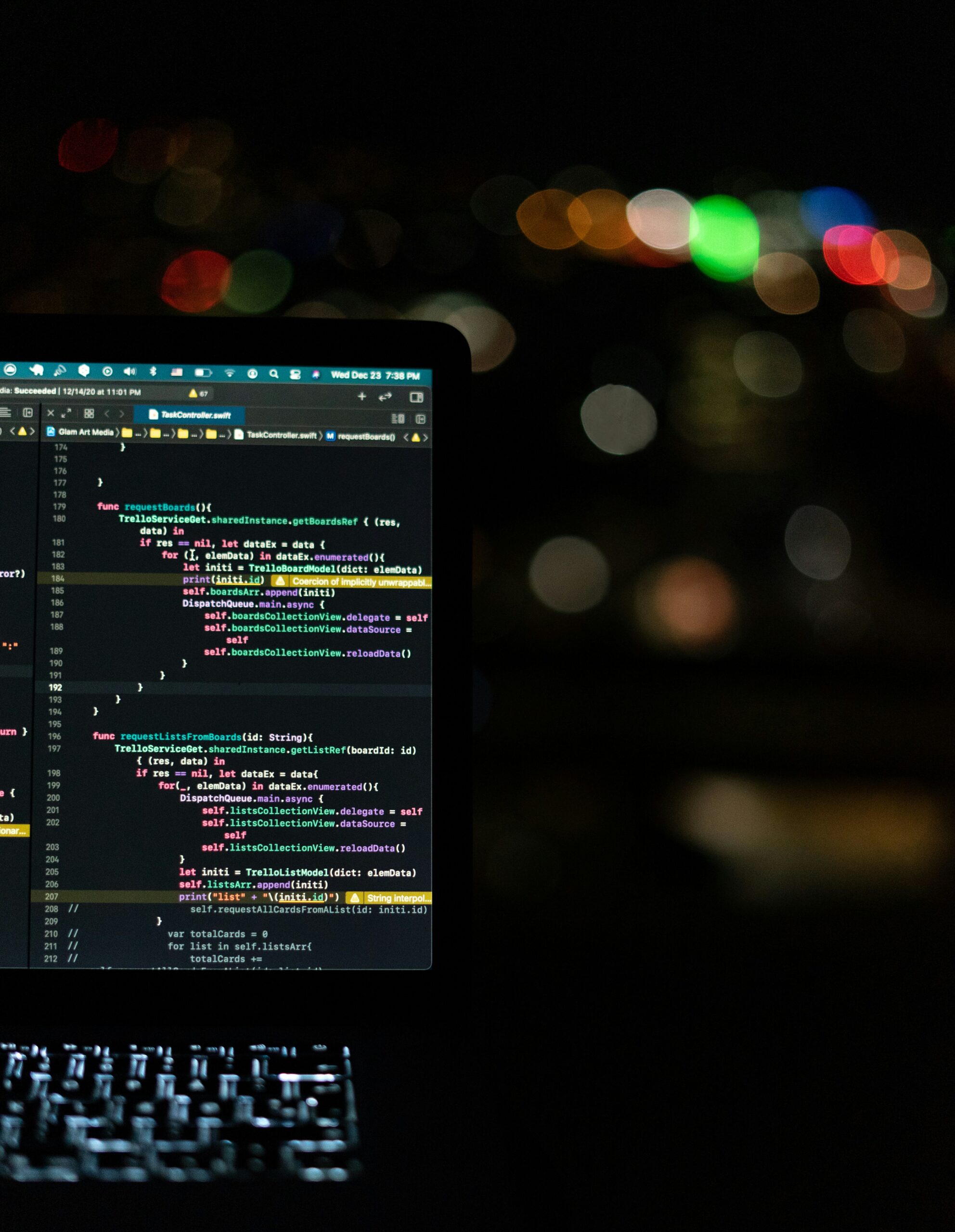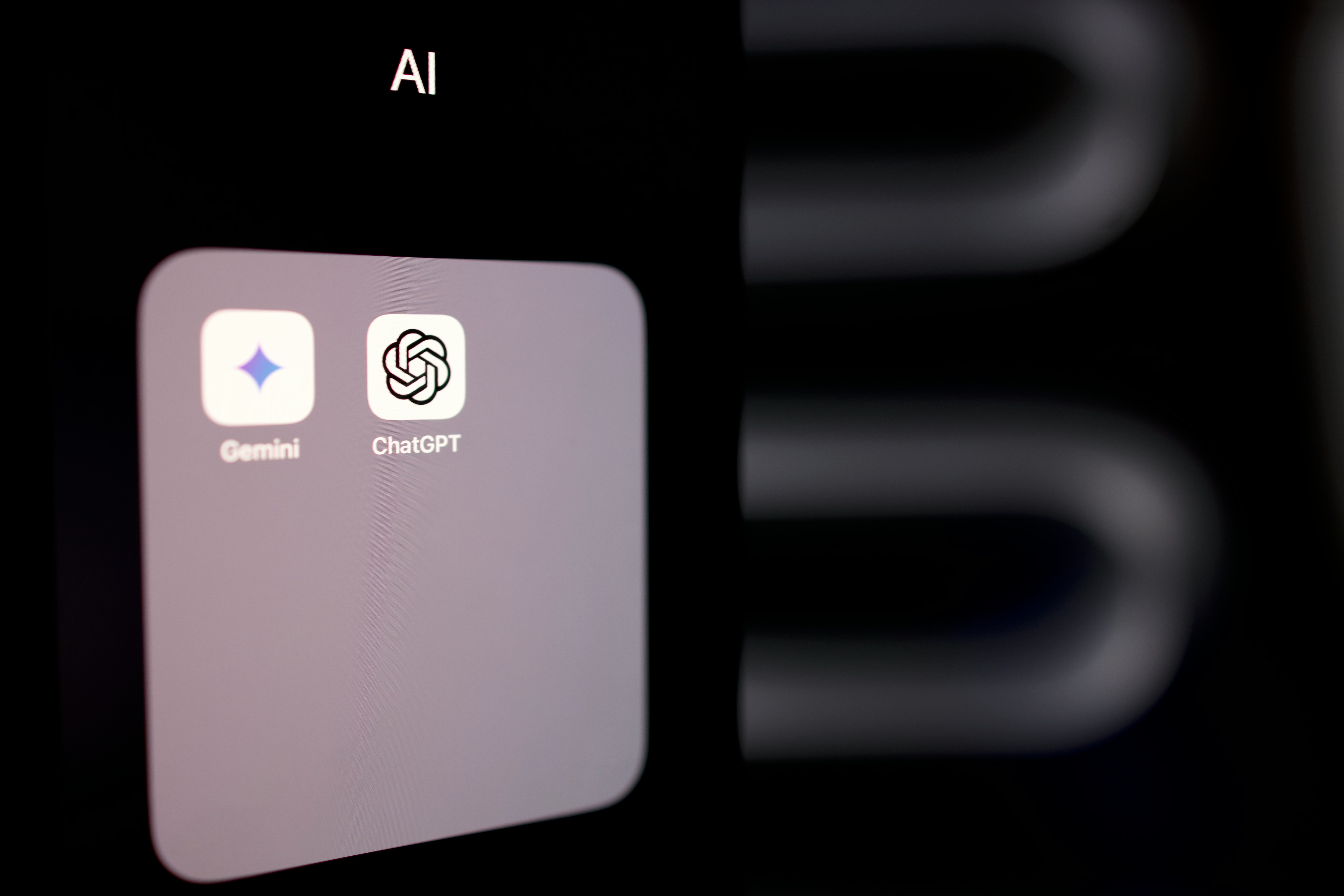Image credit: Unsplash
As 2024 comes to an end and 2025 gets off to a rousing start, there is no set way to know exactly what the future holds. Despite the best attempts of businesses around the globe, utilizing cutting-edge predictive AI technology to analyze past data and prognosticate what the coming months may hold for them, nothing is set in stone. Everything could change at any moment, as any business owner who lived through the COVID lockdowns of 2020 can testify. But there is such a thing as educated guesses—and who better to make one than a host of PhDs, the brightest minds in business education?
To this end, here are some of the country’s best and brightest, including Susan Christofferson and Sharon Matusik, making their own prognostications for 2025. Whether you’re entering the business world, already in it, or contemplating applying to business school, you’ll find lots to ponder—and plenty to discuss next time you’re in a room with a thought leader or two and need an ice breaker.
Toronto Rotman Dean Susan Christofferson
Susan says that business educators “will need to place a greater emphasis on the importance of resilience, continuous learning, and adaptability so students can learn from their failures and persist in the face of setbacks.”
Furthermore, she believes that preparing leaders to be adaptive, creative, and ready for change will be more crucial than ever this year. Considering the rapid pace of technological advancements, shifting economic landscapes, and evolving societal expectations, leaders will have to be both adaptable and proactive in navigating these changes in order to prosper. Clinging to old methodologies could result in business leaders being left in the dust by their competitors, making dedication to progress a crucial tenant of business in 2025.
“A growth mindset will be essential for leaders needing to innovate in an evolving economy. As business educators, we will need to place a greater emphasis on the importance of resilience, continuous learning, and adaptability so students can learn from their failures and persist in the face of setbacks,” Susan says.
She also believes steadfastly that digital transformation will continue to be a dominant theme. As such, business schools will need to embrace and integrate new technical skills into the curriculum, such as artificial intelligence, data analytics, and blockchain. However, technical skills are not enough; Susan predicts that the human skills needed to develop strong and resilient teams will be more critical than ever in navigating complex organizational dynamics arising as companies incorporate new technological advances and face shifts in the geopolitical landscape.
Michigan Ross Dean Sharon Matusik
“We have an increasing duty to not only our faculty and students but also to our communities.”
As Sharon noted in her predictions from last year, the level of uncertainty involving technology, a shifting geo-political landscape, the changing labor market, environmental challenges, and social issues have only continued to escalate. Since then, things have gotten even more precarious and tumultuous than even she felt brave enough to suggest a year ago. In 2025, she predicts that “these sources of uncertainty will persist and be joined by the changes that accompany any new presidential administration in the U.S. Couple that with changes to leadership in countries around the globe, and you get an environment where I predict being innovative, adaptive, adept at drawing on relevant data and research and being able to access a network of accomplished colleagues will shape who leads and who follows in the future.”
Sharon is also predicting that business leaders will be called upon to contribute solutions to the grand challenges of the day in more meaningful ways. Issues such as climate change, economic inclusion, and technology such as AI are pertinent, pressing factors that are actively reshaping society’s future; in response to these, 2025 will be forced to be a telling year in which many business leaders choose a path from the crossroads society is currently at. “Providing a range of ways to prepare these leaders with fundamental business knowledge and the ability to apply it in the face of specific challenges means extending access to our educational offerings,” she elaborates.
Looking Ahead
Overall, Sharon is adamant that the year ahead will create opportunities for business leaders who are adept at thriving under uncertainty. The ability to use decision-making models and styles for this context, a continual learning orientation, and an expansive, accomplished network will differentiate who is best positioned to take advantage of opportunities. Business schools that can provide this knowledge and access and clearly show their positive impact more broadly are well-positioned for the year ahead. “It’s an important time across the higher education landscape. We have an increasing duty to not only our faculty and students but also to our communities. Knowledge, matched with the right tools, can educate our students, who, in turn, will be tasked with leading the world forward,” she concludes.



















